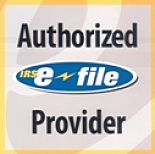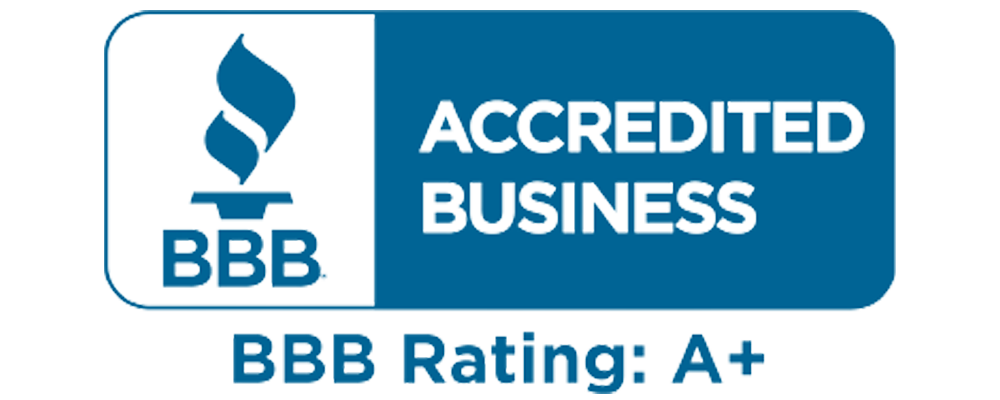Residential Energy Credits
Residential Clean Energy Credit
Energy Efficient Home Improvement Credit
Residential Clean Energy Credit - IRC Section 25D
-
Solar electricity
-
Solar hot water heating (excluding swimming pools and hot tubs)
-
Small wind energy
-
Fuel cell
-
Geothermal heat pumps
-
Battery storage technology
Residence
This credit applies to the homes in the United States which you use as a residence. It does not need to be your main home. For example, a second home or vacation home may qualify. It applies to both existing homes and newly constructed homes. The residence can be a home, mobile home, houseboat, condominium, or cooperative apartment.
This credit does NOT apply to rental properties. However, if you used the rental home for a portion of the year as your residence, you can claim a pro-rated credit based on the amount of time it was used as your residence.
Amounts Used to Calculate the Tax Credit
The tax credit is 30% of the cost of eligible new energy property and includes the costs for labor properly allocable to the on-site preparation, assembly and original installation of qualified property, and for piping or wiring to interconnect such property to the residence. This includes permitting fees, inspection costs and developer fees. You can also include solar batteries if they are charged exclusively by the solar panels. Sales tax can also be included.
You must reduce your qualifying costs by any rebates, subsidies, incentives, and/or grants.
The tax credit can ONLY be claimed if you purchase or finance the eligible energy property. For example, you CANNOT claim the tax credit if you lease solar panels or are in a solar power purchase agreement (PPA).
You also CANNOT include any financing costs such as interest when calculating the credit.
When to Claim the Credit?
You can claim the tax credit in the year placed in service. It must be fully operational. For example, if you install solar panels on your home in December 2024, but the inspection and permission to operate (PTO) from your local electric company does not take place until January 2025, then you can ONLY claim the tax credit in tax year 2025.
The residential clean energy credit is a nonrefundable credit which is limited to your tax liability. However, any unused credit amount can be carried over to future years if it is not all used in the current year.
Energy Efficient Home Improvement Credit - IRC Section 25C
Up to $3,200 in nonrefundable tax credits are available for certain types of energy efficient home improvements. Beginning with tax year 2023, the lifetime cap on the credit of $500 is replaced with a $1,200 annual credit limitation, except in the case of heat pumps and biomass stoves, for which the credit may be up to $2,000.
The energy efficient home improvement tax credits discussed below are nonrefundable and limited to your tax liability. Any unused amounts are lost and cannot be carried forward to future years.
Qualified Energy Efficient Improvements
The following qualified energy efficiency improvements must be made to your primary residence in the United States. You must be the original user of the improvement (it must be new) and the components of the improvement must reasonably expect to remain in use for at least five years:
-
Insulation materials or systems (including air sealing material or systems that reduce heat loss or gain to your home that meets the criteria designed by the IECC
-
Exterior doors, windows, and skylights that meet Energy Star requirements
NOTE: Labor costs allocable to the on-site preparation, assembly, and original installation of the property are NOT included in qualified energy efficient improvement costs.
Residential Energy Property Expenditures
The following residential energy property expenditures can be made to any home located in the United States that you use as a residence (even homes that you do not own). It does not need to be your primary residence. You must be the original user of the energy property.
-
Central air conditioners
-
Natural gas, propane, or oil water heaters
-
Natural gas, propane, or oil furnace or hot water boilers
-
Electric systems improvements and replacements (panelboards, subpanelboards, branch circuits, and feeders)
-
Electric or natural gas heat pumps
-
Electric or natural gas heat pump water heaters
-
Biomass stoves and biomass boilers
NOTE: Labor cost allocable to the on-site preparation, assembly, and original installation of the property are included in costs for qualified residential energy property expenditures.
A tax credit up to $150 is available for costs of a certified home energy audit of your primary residence.
You must reduce your qualifying costs when calculating the tax credits for items described above by any rebates, subsidies, incentives, and/or grants.
Where Can I Find More Information and Lookup My Product?
For more information on these tax credits and to see if the products meet the qualifications, visit EnergyStar.gov.
Energy Star Product Finder: https://www.energystar.gov/productfinder/









